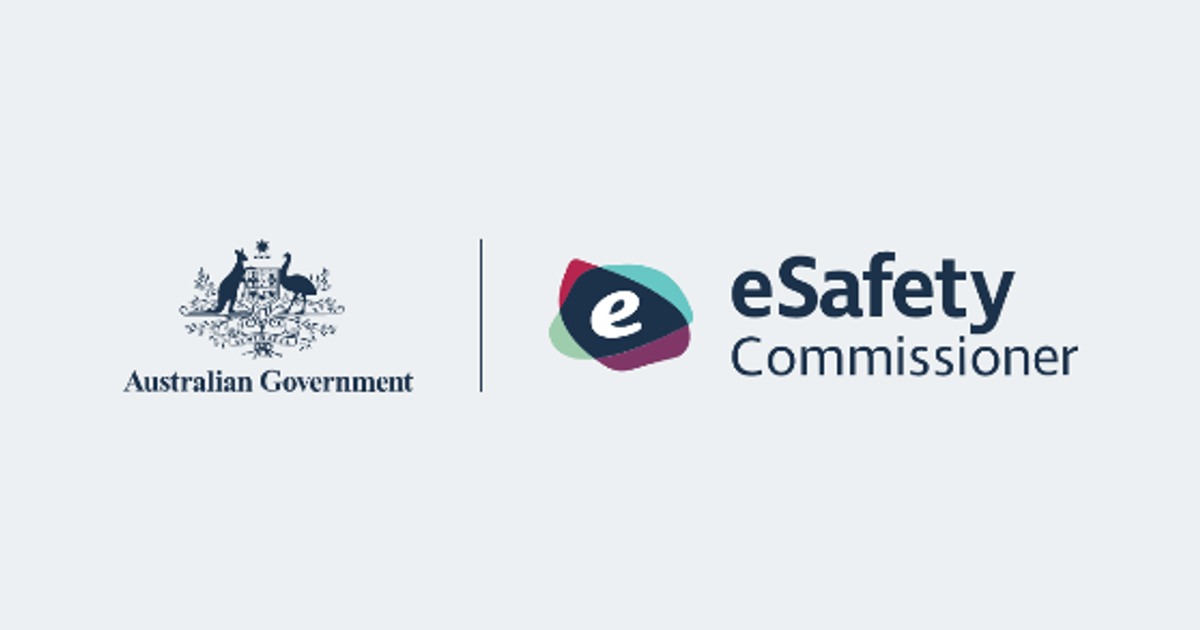And now a word from
Mrs Richards...

And now a word from
Mrs Richards...


Each year I publish a number of newsletter articles pointing out the risks we take when we allow our children to participate in online activity whether it be gaming, social media or messaging apps. I don’t intend to preach, and I certainly understand that our children are growing up in a world that is increasingly virtual. As part of our role here at Parkdale Primary, however, we regularly get to see and hear about when things go wrong for students online. Whether this be online chats that are constant and invasive, poor behaviour online or as actually happened recently, more serious situations whereby a student left themselves vulnerable to an online predator by participating in a chat room and sharing personal information. As you can imagine the parent was extremely upset and reported the issue to police. It was equally disturbing that when they did so, they were the third family that day to attend the police station regarding a cyber security breach for their child.
We provide regular education to all of the students around Cyber Safety and we bring in experts and police to explain to them how to behave safely online. Children under the age of 13 are just not equipped to make smart decisions online and it is for this reason that this is generally the minimum age recommended for use of most social media apps.
Nothing takes the place of vigilant supervision. As parents, if you allow your child to participate in online activities, then it is important that you set very firm guidelines in place and continue to be aware of what your child is accessing and what they are sharing with others. One method of protecting your child online until they are old enough to manage independently is to use Family Sharing (this is on Apple devices but there may be something similar for android users). https://support.apple.com/en-au/HT208982


By linking your devices through Family Sharing you can block or limit specific apps and features on your child's device. You can also restrict the settings on your iPhone, iPad or iPod Touch for explicit content, purchases and downloads, and privacy. You can prevent your child from being able to install or delete apps, make in-app purchases and you can also prevent the playback of music with explicit content and films or TV shows with specific ratings. Apps also have ratings that can be configured using content restrictions.
Through Family Sharing you can also activate Screen Time through which you can access real-time reports showing how much time you spend on your iPhone, iPad or iPod Touch. Screen Time also lets you know how much time you and your kids spend on apps, websites and more. This way, you can make more informed decisions about how you use your devices and set limits if you'd like to. By activating 'Downtime' you can schedule apps to close at certain times of the day/night so there is no scrolling through or receiving of messages/notifications etc. You may also want to set limits of how long each day certain apps are able to be used. The beauty of this approach is that it is a family approach and allows everyone to participate and for us as adults to model appropriate use of our devices and phones.


The eSafety Commissioner has an excellent website that is a useful resource providing advice for parents on how to help children have safe experiences online.
https://www.esafety.gov.au/parents
They are also offering free webinars this term on how parents and carers can set up devices and apps to help kids and young people aged from 4-13 stay safe online.
https://www.esafety.gov.au/parents/webinars
eSafety 101: how eSafety can help you: 21 March 7:30 pm to 8:00 pm
This 30-minute webinar is designed for parents and carers of young people in primary and secondary school. It will cover:
Setting your child up for success online: 14 March 12:30 pm to 1:00 pm
This 30-minute webinar is designed for parents and carers of young people in primary school. It will cover:
Getting the most out of gaming: 14 March 7:30 pm to 8:15 pm
This 45-minute webinar provides families with strategies for supporting children and young people to have safe, positive experiences when playing games online. It is designed for parents and carers of children aged 7 to 14. It will cover: